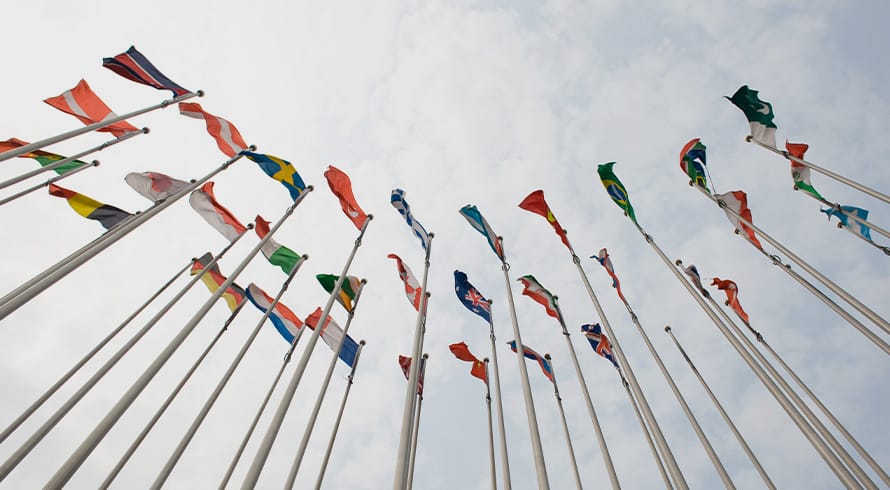Co-operation for clearing OTC derivatives: ESMA and the FSB
In South Africa, a press release published by the Financial Services Board (FSB) on 3 February, has confirmed that the European Securities and Markets Authority (ESMA) have entered into a Memorandum of Understanding (MoU) with the FSB. The MoU (effective as of 30 November 2015) records that ESMA will co-operate with the South African regulators with respect to Central Counterparties. The MoU is established under the European Market Infrastructure Regulations (EMIR). It sets out the co-operation arrangements, including for the exchange of information, regarding the regulation of Central Counterparties which have been established and authorised or recognised in South Africa (under our Financial Markets Act) and which have applied for EU recognition under the EMIR Regulations.
EMIR does provide for co-operation arrangements between ESMA and non-EU authorities (such as the FSB), provided those non-EU jurisdictions have a legal and supervisory framework for Central Counterparties which have been deemed equivalent to EMIR by the European Commission. This MoU recognises that South Africa’s rules for the recognition and supervision of Central Counterparties is equivalent to the regime provided for under EMIR. Local Central Counterparties established under the FMA will therefore be able to provide clearing services to clearing members or trading venues established in the European Union.
This MoU demonstrates a step by the two regulatory bodies to work together to reduce the burden of conflicting CCP regulations which have extra territorial effect including for South African market participants in the OTC derivatives space.
The next regulatory step for South Africa is to finalise the June 2015 version of the draft regulations to the Financial Markets Act (which deal with recognition of foreign Central Counterparties and generally deals with the qualifying criteria and ongoing compliance obligations of a Central Counterparty). The mandatory clearing of OTC derivatives is one of the regulatory changes which South Africa must make as part of the country’s G20 commitments. However, as at the date of publication, these regulations are still in draft form.
The information and material published on this website is provided for general purposes only and does not constitute legal advice. We make every effort to ensure that the content is updated regularly and to offer the most current and accurate information. Please consult one of our lawyers on any specific legal problem or matter. We accept no responsibility for any loss or damage, whether direct or consequential, which may arise from reliance on the information contained in these pages. Please refer to our full terms and conditions. Copyright © 2024 Cliffe Dekker Hofmeyr. All rights reserved. For permission to reproduce an article or publication, please contact us cliffedekkerhofmeyr@cdhlegal.com.
Subscribe
We support our clients’ strategic and operational needs by offering innovative, integrated and high quality thought leadership. To stay up to date on the latest legal developments that may potentially impact your business, subscribe to our alerts, seminar and webinar invitations.
Subscribe




